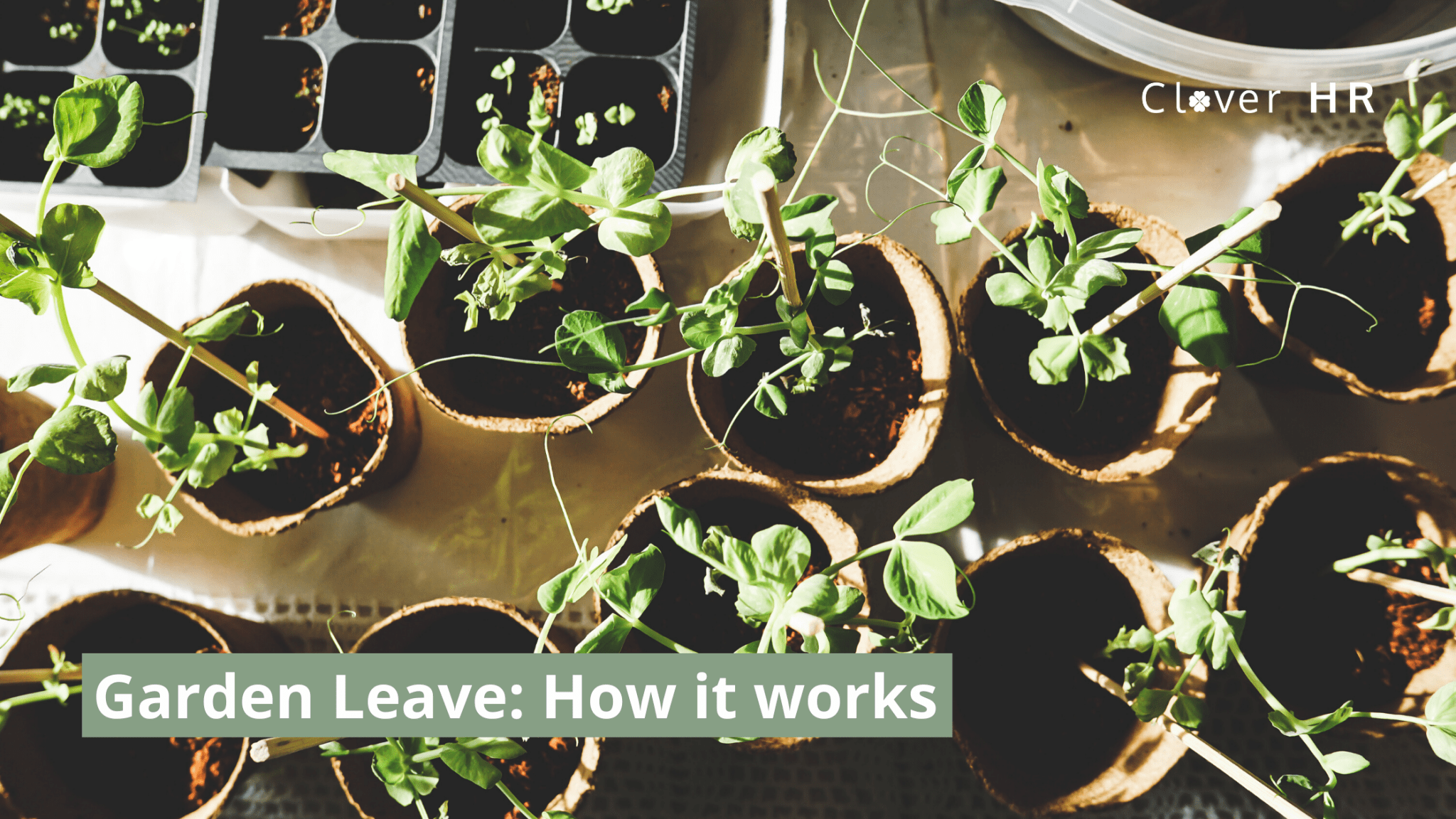Garden Leave Longer Than Notice Period

Second pay him in lieu of the notice period he has given or an acceptable proportion of it.
Garden leave longer than notice period. A gardening leave refers to the period of time during which an employee stays away from the workplace or works remotely during the notice period. This is somewhat cleaner than garden leave and subject of course to any post-termination restrictions allows the employee to start a new role. You would only be paid up to your last day of work.
This is for employees who are going on a long garden leave or working out their notice rather than finishing work straight away. Gardening leave and employee rights. A court ruling would be likely to find that garden leave can only be enforced for a length of time legitimate to.
You would only be paid up to your last day of work. If the notice period is longer than six months then check whether the contract allows you to start the garden leave part-way through notice so the maximum is not exceeded. If your employer refuses to do so then you may have rights to claim for outstanding wages and possibly terminate your employment earlier without serving out your notice period.
If an employee resigns an employer might want to use garden leave for their notice period for a variety of reasons for example the employee. In contrast under typical garden leave provisions employees must give advance notice of their resignation typically between 30 and 90 days notice. In theory you need a contractual right to do this but the worst that could happen is that he resigns earlier and sues you for the balance of his notice pay.
The maximum period of garden leave must normally be no more than about six months. However the period of garden leave cannot be excessive. It does not extend beyond the period of employment in the employment contract.
What is garden leave. You should use this letter when an employee has resigned and you want to put them on garden leave rather than require them to attend the office and work out their notice period. This depends on the facts of the case and would vary in each case.



















